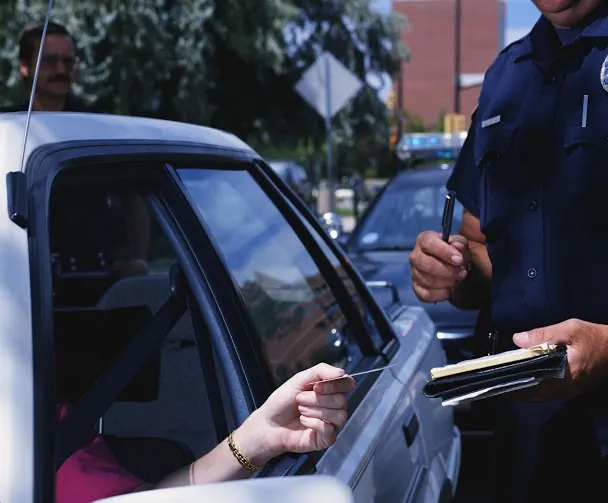 Thanks to efforts by both private and public organizations and agencies the dangers of drinking and driving should be well known by everyone in the United States by now. Most people are also aware of the potential judicially imposed consequences of a conviction for driving under the influence, or DUI, in Nebraska. What many people don’t realize, however, are the very real non-judicial consequences of a DUI conviction, including the risk of losing a current job and/or being disqualified for future employment. A Nebraska teacher’s career may be over, for example, as a result of his recent arrest for driving under the influence, marking his 4th DUI arrest since he began driving just over a decade ago.
Thanks to efforts by both private and public organizations and agencies the dangers of drinking and driving should be well known by everyone in the United States by now. Most people are also aware of the potential judicially imposed consequences of a conviction for driving under the influence, or DUI, in Nebraska. What many people don’t realize, however, are the very real non-judicial consequences of a DUI conviction, including the risk of losing a current job and/or being disqualified for future employment. A Nebraska teacher’s career may be over, for example, as a result of his recent arrest for driving under the influence, marking his 4th DUI arrest since he began driving just over a decade ago.
According to news reports, 30 year old David Perilo was placed on paid administrative leave by the Omaha Public School system (OPS) where he teaches sixth grade following his recent arrest for driving under the influence. If convicted, Perilo’s first year as a teacher could turn out to be his last as a conviction could result in his suspension or termination by the school system. Because this would be his fourth DUI conviction – he has three misdemeanor DUI convictions from 2003, 2004, and 2010 as well as a public intoxication and a criminal trespass conviction – he also faces up to 20 years in prison if convicted.
How did Perilo manage to get hired as a teacher in the first place? The OPS, like school systems across the country, tries to strike a balance in their hiring process between drawing a hard line with regard to an applicant’s criminal history and using discretion to overlook minor brushes with the law. Schools across the country have been facing a teacher shortage for years now. Finding qualified applicants willing to work for what teachers make is becoming harder and harder, making it (arguably) unwise to automatically disqualify anyone with a criminal record of any kind.
When considering an applicant, OPS looks at the applicant’s background check, experience, qualifications and references as well as conducts a one-on-one interview and reviews the applicant’s certification with the Nebraska Department of Education. The State of Nebraska will deny an applicant a teaching certificate if the applicant has been convicted of any felony or has a conviction for a misdemeanor involving abuse, neglect or sexual misconduct. A misdemeanor DUI conviction, therefore, would not prevent an applicant from obtaining a teaching certificate. The OPS is then allowed to use discretion when making hiring decisions if an applicant has a misdemeanor criminal conviction.
More importantly, the law requires employers to consider applicants even if they have a criminal history. The U.S. Equal Employment Opportunity Commission, or EEOC, requires all employers, even schools, to look at the severity of the crime, the relevance of the crime to job duties and the length of time since the crime occurred.” Ultimately, candidates with a criminal history will face more scrutiny than those with no convictions, particularly for jobs where the individual will spend a significant amount of time near children.
If you have been charged with driving under the influence in Nebraska it is imperative that you understand what is at stake should you be convicted. Not only could you face a term of imprisonment or probation but your current of future employment could also be at risk if you are convicted of DUI. Contact the Petersen Law Office 24 hours a day at 402-513-2180 to discuss your case with an experienced DUI defense attorney.


